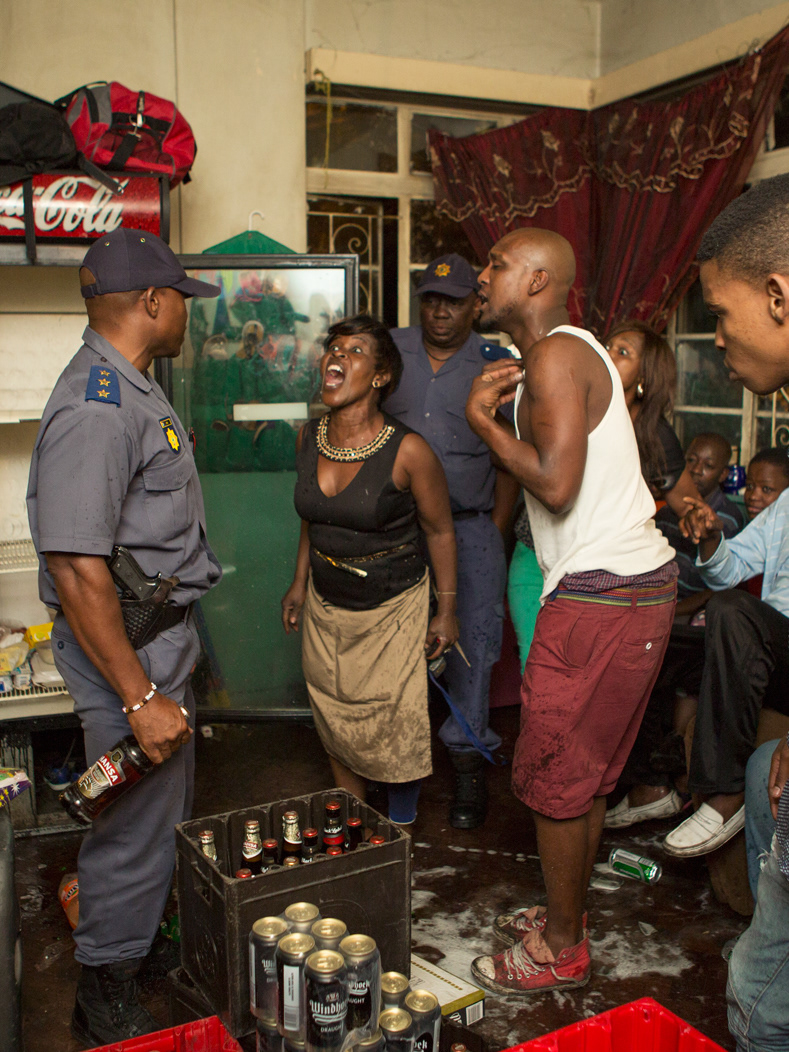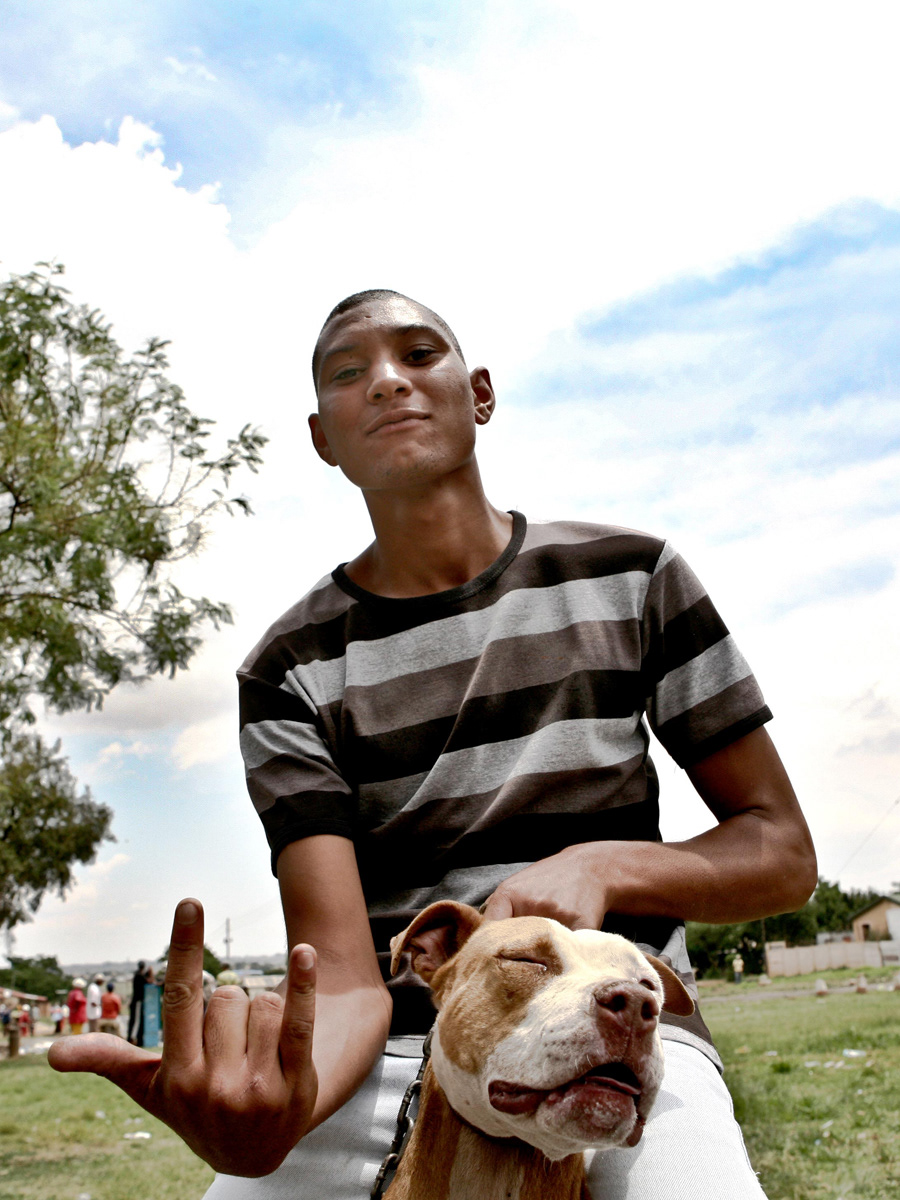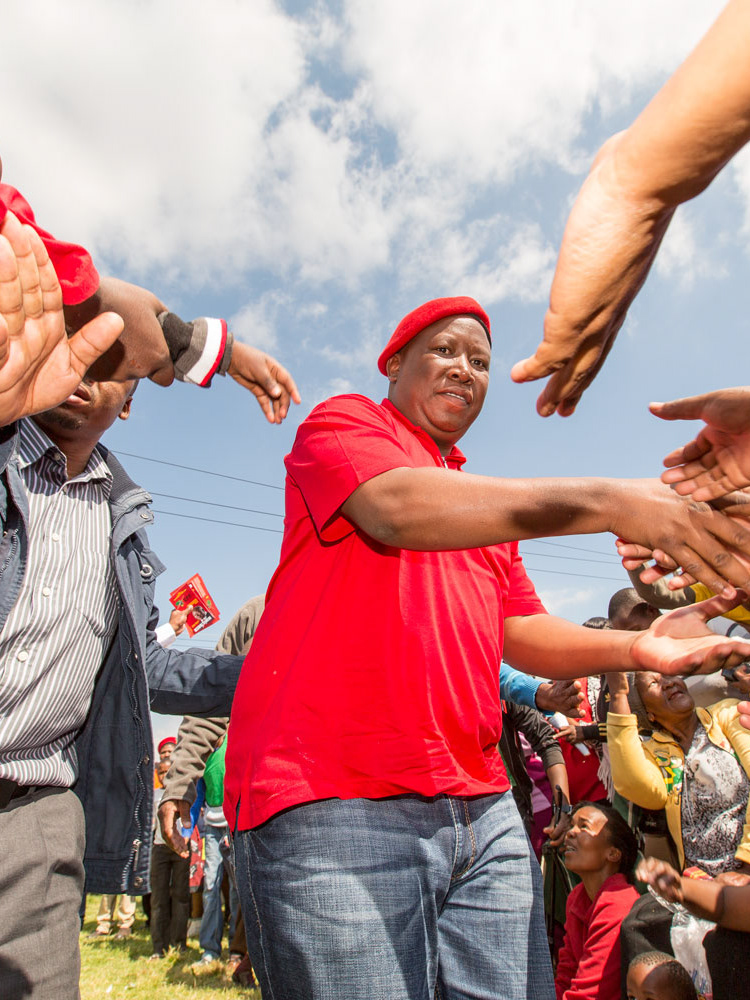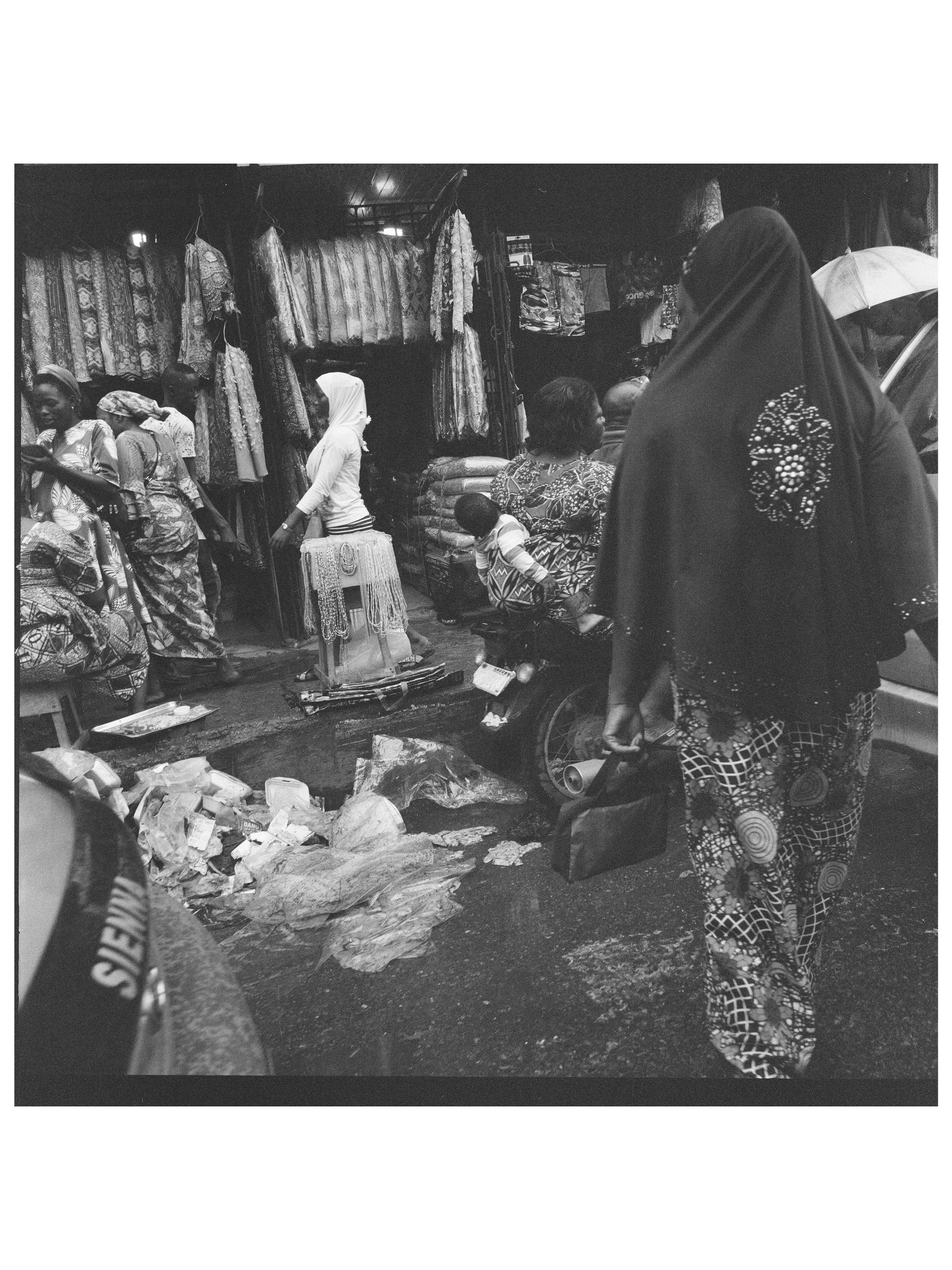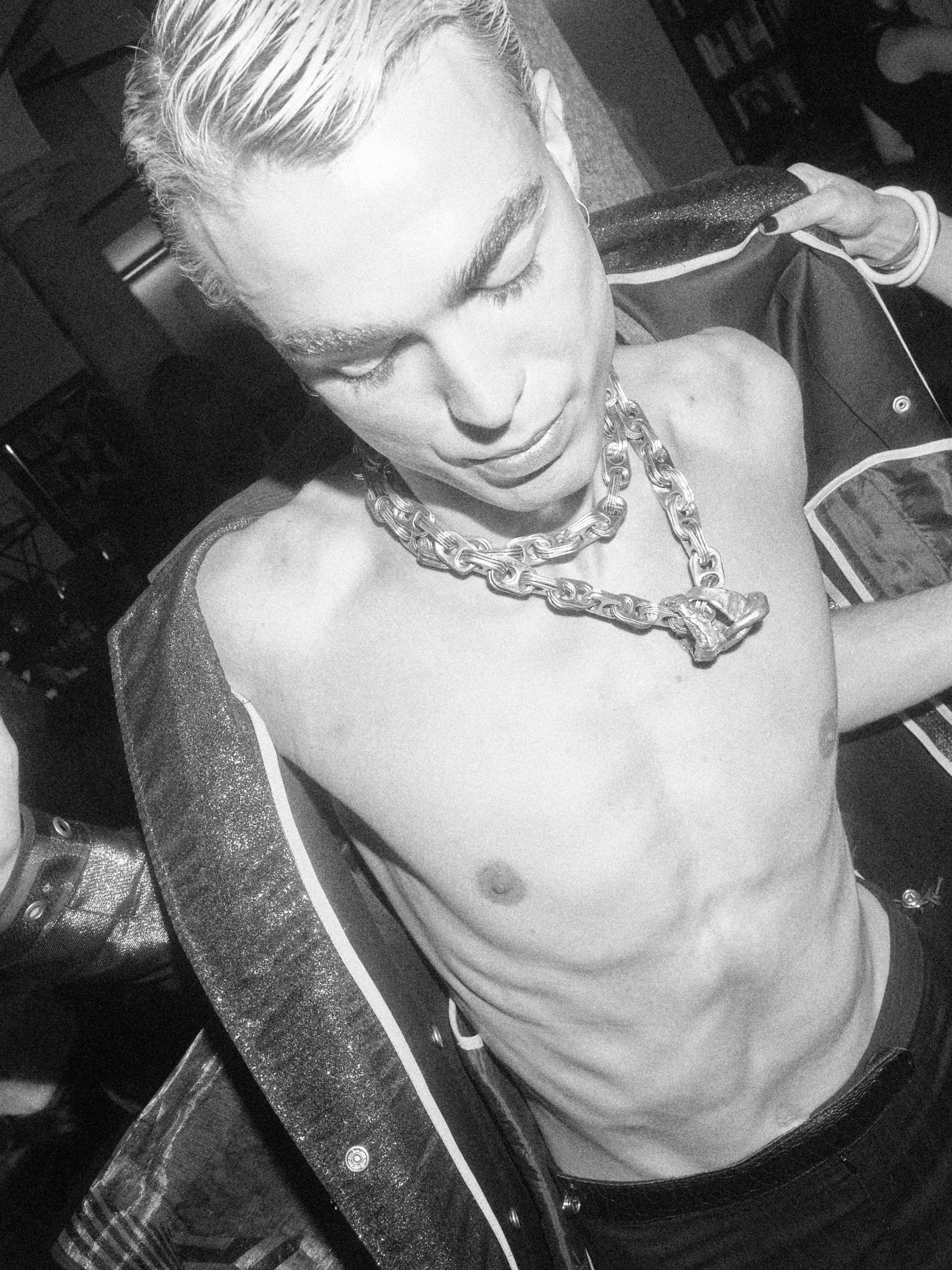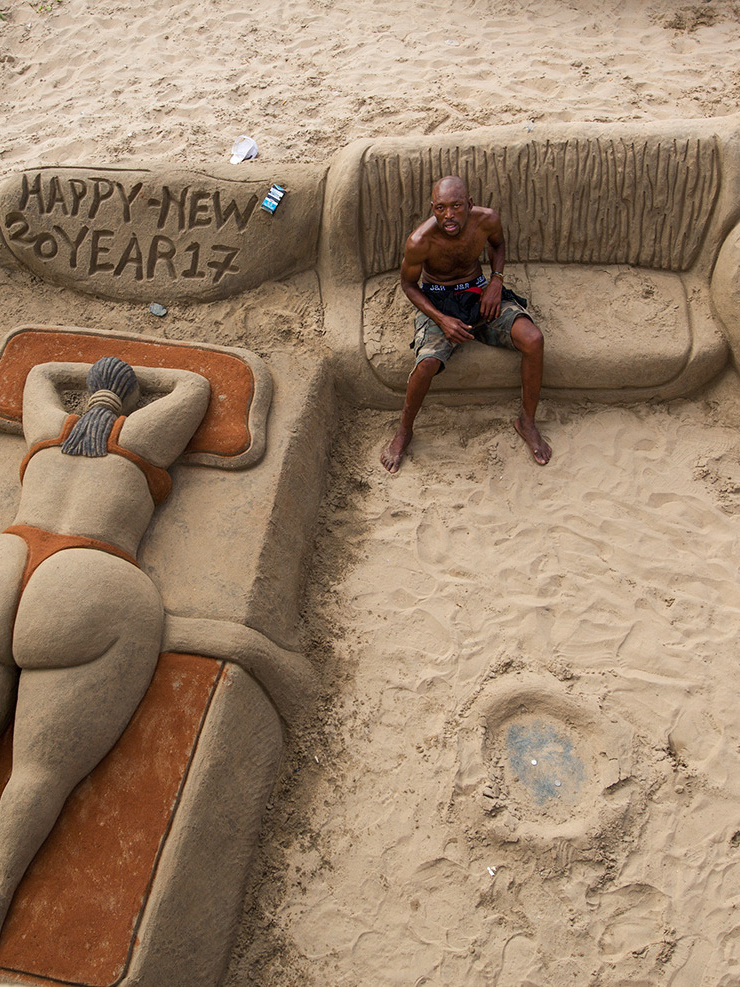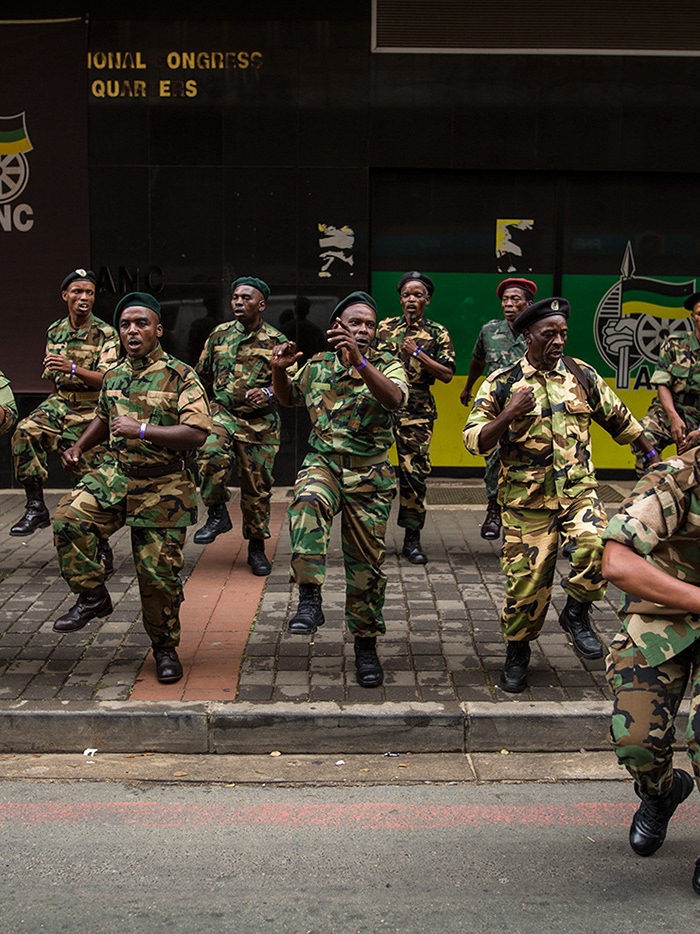Forced Building Eviction, Berea
This project was about a building eviction in Berea Johannesburg. The story at most evictions is residents say they had no idea they were going to be evicted and the red ants and police will tell you the residents had three months notice. To serve a notice of eviction to a building the residents must be defaulting on their rent, water and electricity. In this case the residents were unhappy with low maintenance in their building and decided to elect a body corporate. The body corporate would accept all rental amounts and withhold funds from the owner until more money was spent on the upkeep. The withheld money controlled by the body corporate was personally spent and this gave rise to the eviction of the building. In an eviction process residents need to receive an eviction notice at least 3 months prior to the eviction. The problem with this for building owners is that residents will have time to build a case and postpone the eviction, resulting in the entire process becoming slower and more expensive. For a building owner to serve an eviction notice a formal eviction needs to be handed over to residents by a Sheriff, this notice should notify residents of their eviction and that it will be taking place in the next 3 months. However residents repeatedly say no prior warning was given, and are caught off guard by the eviction. The explained corruption of this process is that a Sheriff will be payed by a development company to log serving an eviction notice without actually serving it, it will then be assumed that the eviction and three months notice was served. By the time police and Red Ants arrive to clear the building it is too late to fight the eviction in court without being physically removed. Residents in these images had their possessions thrown out onto the street without prior living solutions being provided, the act directly unconstitutional. Residents who refused to leave were shot with rubber bullets and tear gassed. The private informal settlement removal company Red Ants cleared entire homes unsupervised resulting in many residents complaining that identity documents and cell phones were missing from their rooms. Many of the Red Ants's employees are from informal housing areas in outlying locations around Johannesburg such as Alexandra, Diepsloot and Orange Farm. Many of whom could be evicted themselves in a similar manner without them showing much inherent compassion towards the evicted. The power trip of a red uniform and crowbar seemed enough to motivate a bloodlust and pillaging right. The actions of corruption and dishonesty played a pivotal role in the betrayal of fellow men with greed emerging as the ruler where the innocent paid the price. Economist Justin Visagie describes the middle class as a household of four persons with a total income of between R5,600 and R40,000 per month after direct income tax. We have had a rapidly growing black middle class in South Africa which surpassed white middle class in 2014 but is still only 1 in 10 of South Africans being classified as Middle Class citizens. The IRR’s CEO, Dr. Frans Cronjé, said: “creating a policy environment in which any child born in South Africa might realistically aspire to reach a middle class standard of living should be the single most important priority for a South African government. The apartheid era government denied such aspirations to a majority of the country’s people.” Apartheid is long dead and gone but the scars and pains of such a vicious regime are far from healed. In a country desensitised and reeling from shock some 22 years later we have become a nation of brutality, violence and ignorance. The nation who's aspirations globally aspired to equality and human rights seems have fallen clearly short.
You may also like
